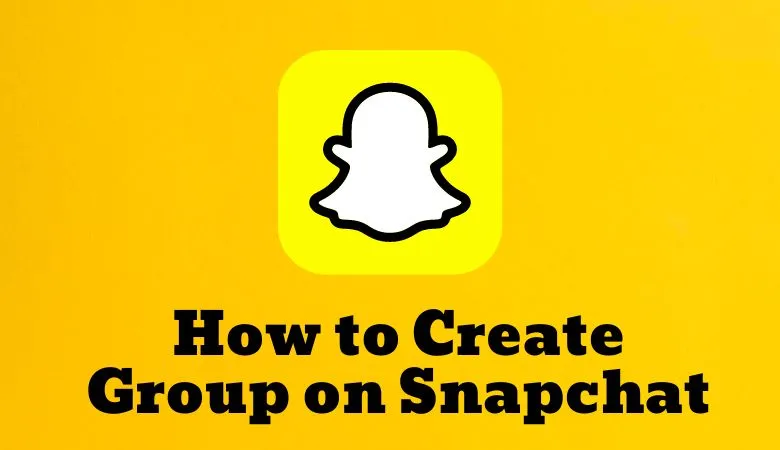Four Things you Didn’t know and that are Prohibited on WhatsApp

WhatsApp has been one of the most important and widespread applications for years. Now, although this statement is accurate, and today we can talk about millions of users connected through the application owned by Meta, the beginnings of the tool were, to say the least, discouraging.
However, the project, launched in 2009, finally got off the ground. According to data from Statista, the messaging ‘app’ currently has more than 2,000 million users worldwide.
And what is more interesting: if we look at the frequency of use, 84% of Spaniards say they communicate via WhatsApp several times a day, while 13% say they do so only once.
Such a vast number of users means that the traffic of messages sent reaches gigantic figures, and it is estimated that more than 100 billion messages are sent today.
The point is that this enormous communicative activity is not always framed within the legality since there are numerous behaviors that users carry out on WhatsApp and that violate laws such as Data Protection or Intellectual Property.
Including someone in a WhatsApp group without their consent, sharing compromising photos, or sending screenshots with private conversations are just some of the behaviors that constitute an infraction or crime that most people carry out without being aware of what they are doing.
Eduard Blasi, a collaborating professor at the UOC’s Law and Political Science Studies and an expert in data protection, points out four of these behaviors in a statement sent to ABC.
In addition, he details exactly what they consist of and when a crime or infraction is being committed:
Sending Screenshots Without Consent
Although data protection regulations do not affect the personal or domestic context, they apply when data is disseminated over the internet, either openly or with too many recipients.
Keep in mind that the screenshots show conversations that can directly or indirectly identify a person, leading to a data protection violation.
The regulations in this field apply not only to identified data —such as name and surname, ID, or telephone number—but also to identifiable data, that is, those that allow us to know who is behind the conversation without making a disproportionate effort.
The reality is that, in most cases, the dissemination of screenshots of WhatsApp conversations, whether through groups or other social networks, makes it relatively easy to identify the participants thanks to the context information, their names in the chat, or even the data exposed in the conversation itself.
In addition to the breach of data protection, the affected persons could claim compensation for damages for a possible injury to their right to honor or privacy, depending on the type of conversation.
And, beyond this, in the most severe cases, if a private conversation of third parties is broadcast, could crime of discovery and disclosure of secrets be incurred.
Also, Images, Audio, and Videos
The Data Protection has imposed economic sanctions on individuals in different circumstances for disseminating audiovisual content of third parties without their permission.
For example, for recording a police action and broadcasting it without hiding any data or, in more severe cases, for sharing intimate photographs of a third person through WhatsApp.
In addition, the affected person could claim compensation for damages for a possible injury to their right to honor, privacy, or their image.
In the most severe cases, as happens with screenshots, if private photos, videos, or audios of third parties are disseminated, could incur a crime of discovery and disclosure of secrets could incur a crime of discovery and disclosure of secrets.
Creating a Professional Group without Authorization
The creation of WhatsApp groups is also not outside the data protection regulations. To add a person to a professional WhatsApp group, it is necessary to ask for prior consent. The Data Protection Agency recently imposed a sanction on a sports club that had created a WhatsApp group and added a former member.
The same people who do not know can compare this behavior to sending an email without a blind copy. The Catalan Data Protection Authority (APDCAT) has recently sanctioned a city council for creating a WhatsApp group with citizens, despite having previously asked for their consent.
The reason is that, by adding these contacts, data is inevitably exposed – such as the photo, name, surname, or mobile phone number – which violates confidentiality.
In this case, when it comes to a corporate group with members who do not know each other, a distribution list should choose a distribution list instead of a group since it allows the sending of individual messages without exposing third-party data.

![UC Browser Mini [2025] – UC Mini APK Download](https://www.scrolltrendy.com/wp-content/uploads/2024/01/UC-Mini.webp)




